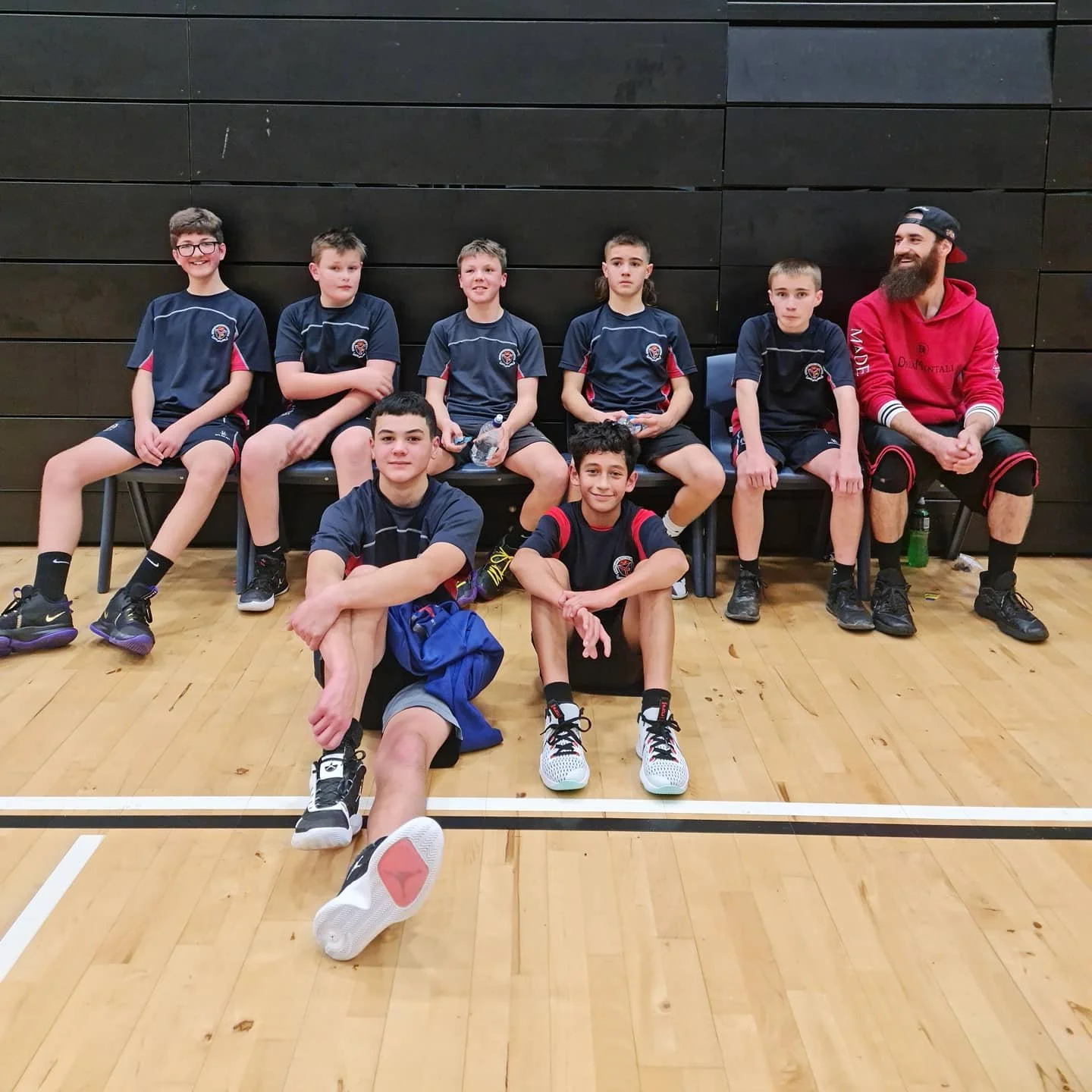Southland Boys’ High School: A Case Study in I Will Applied to Youth Development
At Southland Boys’ High School, Izaac Williams took his I Will framework into a structured institutional environment, applying his principles to a high school basketball program. Unlike working with individual professionals like Orlando or Tom, this was about developing a group of young athletes collectively—testing I Will in a setting where team dynamics, institutional constraints, and developmental gaps had to be accounted for.
From the outset, Izaac approached the role with clarity and structure, but without compromise to his principles. He focused on fundamental competency, adaptability, and decision-making, rather than just running a generic, surface-level training program.
He immediately recognized gaps in the players’ understanding of the game, and rather than just working on skills in isolation, he introduced higher-level conceptual frameworks—teaching them how to think the game, not just play it. Through consistent, structured training sessions, he instilled:
• Mental resilience—helping players adapt and overcome adversity mid-game.
• Decision-making under pressure—forcing players to read and react rather than memorizing set plays.
• Physical refinement—integrating movement principles that improved efficiency and durability.
The impact was immediate. Players began to shift their perspective, approaching training with greater intent, understanding that basketball wasn’t just about athleticism—it was about intelligence, adaptability, and execution.
Beyond Coaching: Institutional Challenges & The Reality of Systems
Unlike his work with individual athletes, Southland Boys’ High School introduced a different challenge—navigating institutional structures. While the athletes responded well to I Will, the system itself was rigid, built around traditional, often outdated coaching philosophies.
This experience reinforced an important realization: while individuals can refine and evolve, systems are often resistant to change. I Will was never about forcing change through authority—it was about introducing undeniable, results-driven improvements that spoke for themselves.
Despite the institutional constraints, the work proved that the framework was effective even within structured environments, offering yet another validation of its adaptability and real-world impact.
Southland Boys’ High School stands as a key chapter in the evolution of I Will—a test of whether its principles could translate beyond one-on-one coaching into team-based, institutional development. The answer? Yes—but with the recognition that systems, unlike individuals, do not refine easily.
